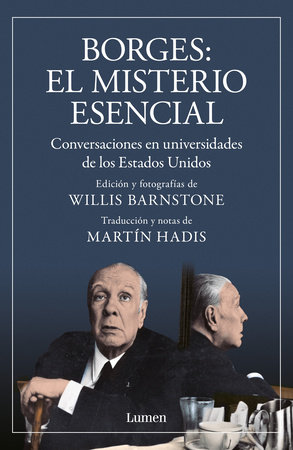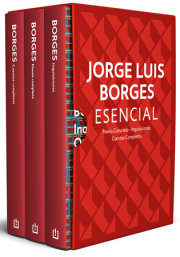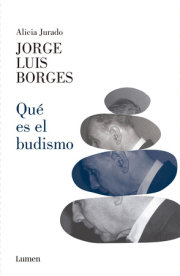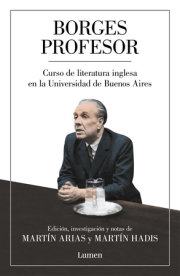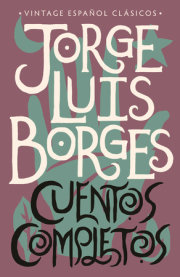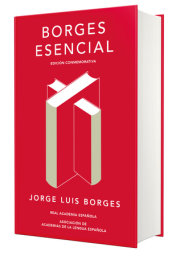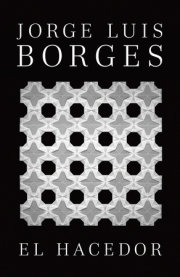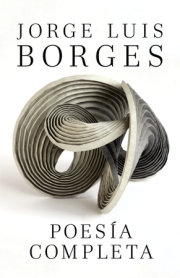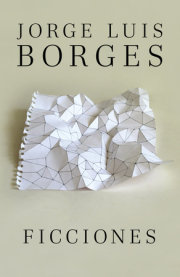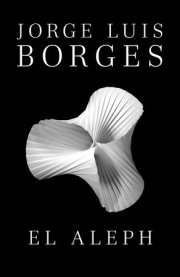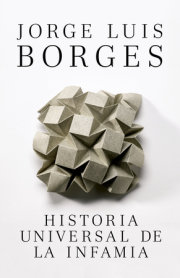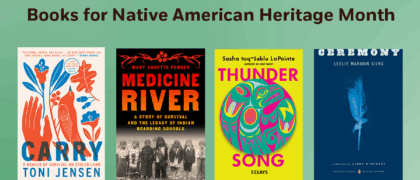La traducción y las notas de Martín Hadis junto a las notables fotografías de Willis Barnstone completan en estas páginas el sensible retrato de ese misterio esencial de la literatura que conocemos como Borges.
En la década final de su vida, Jorge Luis Borges emprendió una gira por los Estados Unidos con el fin de participar en una serie de diálogos organizados por varias de las universidades más prestigiosas de esa nación (Chicago, Indiana, Columbia, Boston, Harvard y el MIT).
El recorrido traza una cartografía inquietante: Borges conversa sobre el sentido del universo con un astrofísico, sobre misticismo con un experto en cábala y sobre el difuso límite entre realidad y ficción con escritores y poetas. Asiste a un encuentro en el pen Club de Nueva York y concede incluso una entrevista a una personalidad televisiva: Dick Cavett.
A lo largo de estos encuentros, el escritor argentino evoca sueños y pesadillas, sagas nórdicas, frases del inglés antiguo, la presencia del «otro» y el doble, y varios de sus autores favoritos, entre otros temas.
El placer intelectual de la conversación lleva asimismo a Borges (por lo general, renuente a las confidencias) a revelar el significado de símbolos y tramas de varias de sus obras.
ENGLISH DESCRIPTION
Martín Hadis’ translation and notes, and Willis Barnstone’s remarkable photographs, build a sensitive portrait of that essential literary mystery known as Borges.
In the final years of his life, Borges toured the United States participating in a series of dialogues organized by several of the most prestigious universities in the country: Chicago, Indiana, Columbia, Boston, Harvard, and MIT.
The tour draws a disturbing cartography. Borges talks about the meaning of the universe with an astrophysicist, about mysticism with a kabbalah scholar, and about the blurry line separating reality from fiction with writers and poets. He attends a meeting at the Pen Club in New York City, and even gives Dick Cavett a TV interview.
Throughout these encounters, the Argentine writer evokes dreams and nightmares, refers to Nordic sagas and Old English quotes, reflects on alterity, and comments on many of his favorite authors.
The intellectual pleasure of these conversations also leads to the usually reserved Borges to reveal the meaning of symbols and plots in several of his works.

